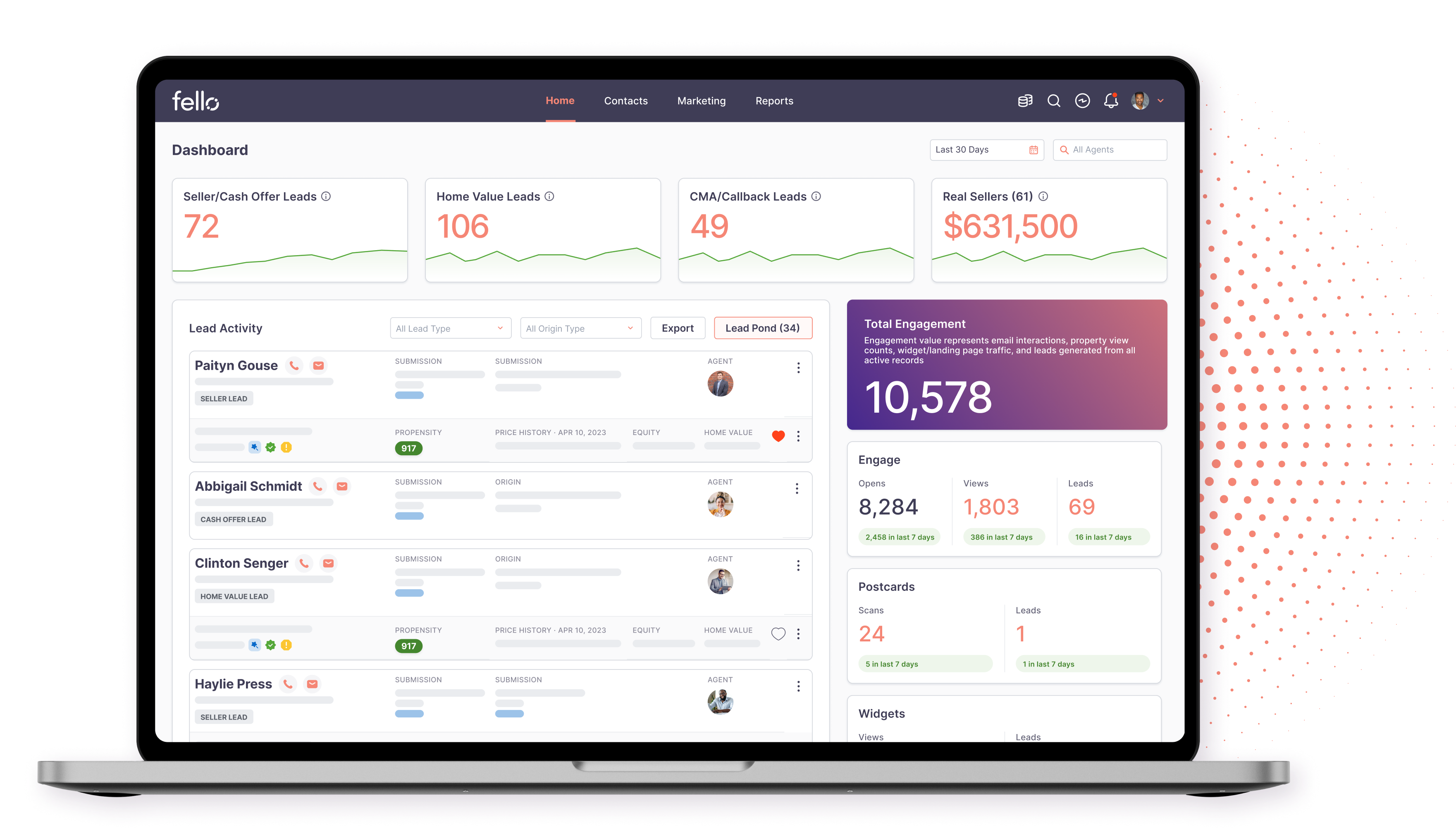Blog Post
What Happens To The Proceeds You Receive After Selling Your Home?
October 22, 2020 written by Ceci Dadisman
Closing the deal on your home after finding a buyer is a fantastic experience. You also need to understand that some closing costs are standard, but others depend on factors affecting a specific sale.
The money you can keep after selling your house will entirely depend on the closing obligations you are responsible for, in addition to a few other things that may be unique to your situation. So, where do your profits go when you close such a deal?
The final process when you close the deal on your house is swapping keys to the property for a check. That is where a go-between comes in to handle the responsibility of transferring funds from the buyer to the seller. The go-between, in this case, can be a real estate agent or attorney, title company, or escrow firm, depending on the location of your property.
Once your go-between gets the check, it will not come straight into your pocket because the next thing will be paying off other parties first. Here are some of the expenses that dictate how much you will cash in after selling your house.
1. Property Taxes
You will need to pay any tax levies you owe on the property you are selling after closing the deal. Many states require individuals to pay taxes a year in arrears, which implies that the real estate taxes you expect to pay this year are the taxes on the property for the previous year. The buyer is under no obligation to service the taxes you owe when the property on sale is in your hands.
You also need to understand that some states levy a transfer tax when someone sells their property, and that suggests that the seller should pay for the same out of the price of their home. Where you live will dictate how much you can expect to pay for property taxes after selling your house.
2. Real Estate Agent Commissions
As a seller, you need to pay your real estate agent a commission once you close the deal on your house, and if the buyer has an agent, they will also earn their commission from the proceeds of the sale. Although the amount you pay your agent as the seller may range between 5% and 6% of the selling price, the listing agreement you sign when hiring them to sell your house should outline what you should pay.
In most cases, the lawyer, title company, or escrow firm handling your closing pays your listing agent directly from the sale proceeds of your home. After that, your agent splits the amount with the buyer's agent because of their involvement in securing the deal. Preparing to write a check at closing to make up for any difference if you do not have enough money remaining from the sale to pay your real estate agent is not an option.
That is the case when prices dip after buying a home. As such, writing a check the day you sell your house may not be welcome, but it happens. The encouragement here should be that the idea to get out before suffering more losses when you finally find a buyer is well-informed.
3. Closing Expenses
Although the buyer takes care of most closing costs when you sell your house, some situations may attract such expenses on your part as the seller. The closing costs can be 1% to 3% of the purchase price of your house. These expenses include title insurance premiums and recording fees and are part of the money the buyer pays the seller.
The payment of any closing expenses happens when sealing the deal. That implies that closing costs will impose a further deduction on the remains of your proceeds after paying off your mortgage once you sell your home.
4. Mortgage Payment
Becoming a homeowner is a dream come true for most individuals, and that is partly why some of them opt for mortgages. A mortgage allows you to shorten the period it takes to save money to build or acquire a house. Also, you will have several years to pay off your mortgage, and that is what makes this financing option affordable for potential homeowners.
The only thing is that if you have an outstanding mortgage balance after selling your house, it can take a substantial amount out of your home sale proceeds. The reason is that selling your house without satisfying your mortgage at the time of closing is impossible. Paying your mortgage company a cancellation fee for repaying your mortgage before its full term may also be part of the requirements.
For instance, if you have a $300,000 mortgage, including the cancellation fee, only $100,000 will remain if you sell your house for $400,000. So, if you are yet to settle closing costs, among other expenses, you will end up with less than $100,000 in your account.
5. Payment for Critical Repairs
Making particular repairs as part of your contract of sale is necessary if your house is not in tiptop condition at the time of closing the deal, and that is an additional expense. Since most real estate sales involve home inspections, the person inspecting your house may find termites or other issues requiring your attention.
In that case, fixing any underlying problems becomes your responsibility, and the money to cover such expenses will come from the proceeds of your home sale.
6. Existing Liens Payments
Once you meet all the financial obligations above, you may imagine that you are free to cash in the check with the amount remaining after these deductions. Unfortunately, that is not possible if there is a lien against your property, which you must pay before transferring the title to your buyer. A creditor's judgment, previous due child support obligations, or a civil judgment are some of the things that can attract liens.
Existing liens can dent the amount that appears on your check after selling your house, and if what remains is less than your liens, you need to pay for them out of your pocket before selling your home.
Closing
Once you address all the financial obligations above, what remains after selling your house is yours, and you can opt for a check or a wire transfer. Additionally, asking your title company, closing attorney, or escrow officer for a draft settlement statement before closing is advisable. The document will have details about what you expect to pay out of the proceeds of your home sale so you can know what you will earn beforehand.
Want to avoid stress and uncertainty? When you request an offer from FlashHouse, you'll receive an offer with no hidden fees or agent commissions. Our team will guide you through the closing process and answer any questions you have.

Ready to start driving more seller leads on autopilot?

